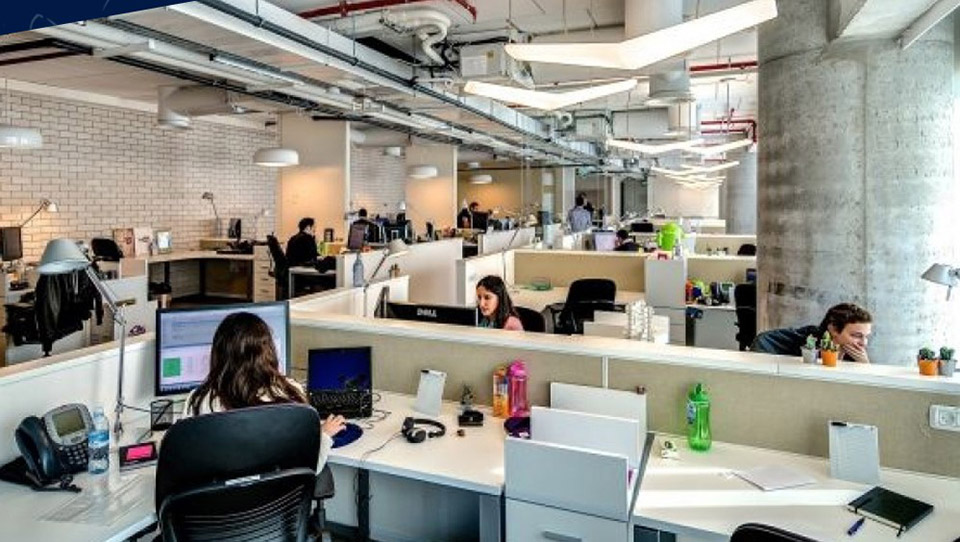
The Deloitte 2024 Gen Z & Millennial Survey has revealed key trends among young workers in Thailand, indicating that the majority now seek meaningful work, flexible work-life balance, and career development opportunities. The poll surveyed 22,841 respondents from 44 countries, including 301 Thais.
According to the survey, 31% of Gen Z and 38% of millennials in Thailand frequently use generative artificial intelligence at work. Despite a decrease in stress and anxiety levels compared to the previous year, the high cost of living remains a major concern for both cohorts.
Among Thai Gen Z respondents, unemployment and wealth inequality are prominent worries, while millennials are more concerned about income inequality and political instability. This contrasts with their global peers, who prioritize climate change and personal safety.
Most young Thai workers, 96% of Gen Z and 99% of millennials, value having a sense of purpose in their job, linking it closely to job satisfaction and well-being. When choosing employers, these workers prioritize ethical alignment and values, favoring organizations that support work-life balance, learning opportunities, and meaningful engagement.
The survey also highlights a strong environmental consciousness among Thai youth. A greater percentage express concern about climate change than the global average, and most are willing to pay more for eco-friendly products. (NNT)








